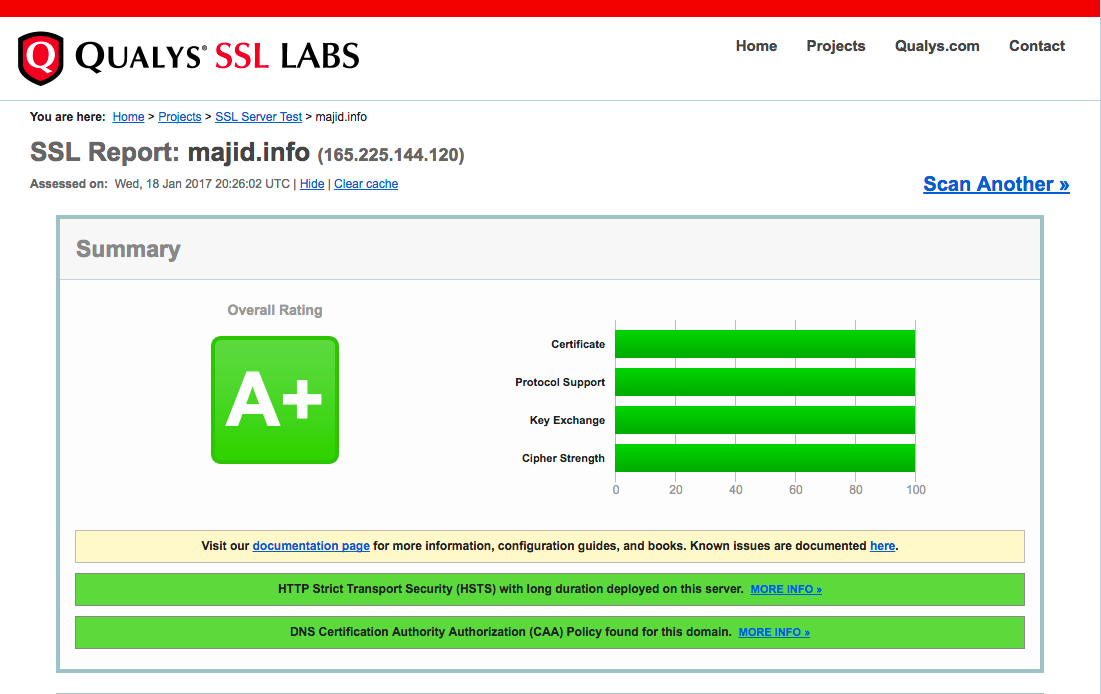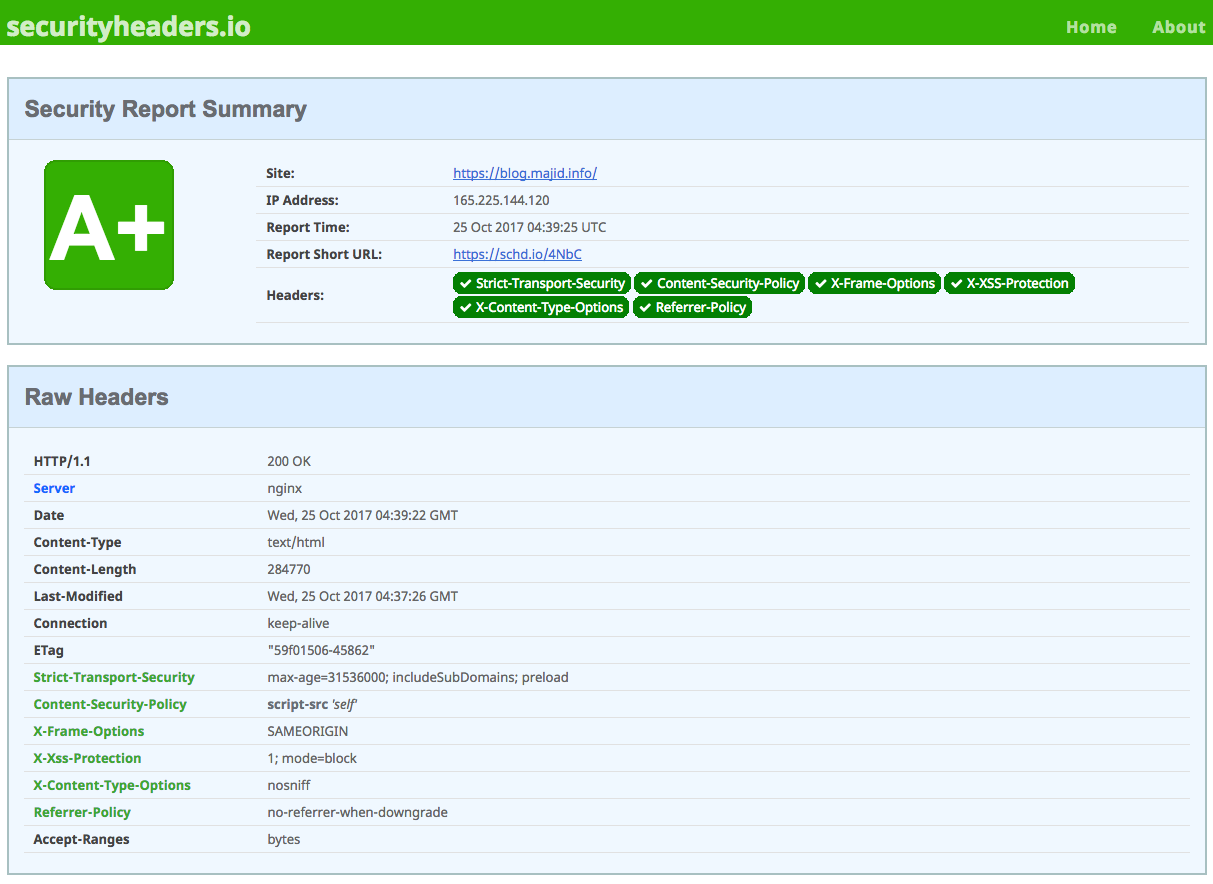One of the greatest features in the Webkit-based browsers (Apple’s Safari and Google Chrome) is WebSQLdatabase, the ability for a web site to store information in a SQLite database on your browser accessible via JavaScript. This allows web developers to build database-enabled applications that run entirely in the browser, without requiring a server. This is very useful for mobile devices, which in the US enjoy flaky network connectivity at best. One very handsome example is the iPad-optimized Every Time Zone webapp.
SQLite is probably the most important open-source project you have never heard of. It is a simple, streamlined and efficient embedded database. Firefox stores its bookmarks in it. Google distributes its database of phishing sites in that format. Sun’s industrial-strength Solaris operating system stores the list of services it runs on boot in it—if it were to fail, a server would be crippled so that is a pretty strong vote of confidence. Adobe Lightroom and Apple’s Aperture use it to store their database, as do most Mac applications that use the CoreData framework, and many iPhone apps. In other words, it is robust and proven mission-critical software that is widely yet invisibly deployed.
WebSQLdatabase basically makes the power of SQLite available to web developers trying to build apps that work offline, specially on mobile devices. No good deed goes unpunished, and the Mozilla foundation teamed up with unlikely bedfellow Microsoft to torpedo formal adoption of WebSQLdatabase as a web standard, on spurious grounds, and pushed an alternate standard called IndexedDB instead. To quote the Chromium team:
Q: Why this over WebSQLDatabase?
A: Microsoft and Mozilla have made it very clear they will not implement SQL in the browser. If you want to argue this is silly, talk to them, not me.
IndexedDB is several steps backwards. Instead of using powerful, expressive and mature SQL technology, it uses a verbose JavaScript B-tree API that is a throwback to the 1960s bad old days of hierarchical databases and ISAM, requires a lot more work from the developer, for no good reason. To add injury to insult, Firefox 4’s implementation of IndexedDB is actually built on top of SQLite. The end result will be that web developers will need to build a SQL emulation library on top of IndexedDB to restore the SQLite functionality deliberately crippled by IndexedDB. If there is one constant in software engineering, it is that multiple layers add brittleness and impair performance.
Of course, both Mozilla and Microsoft are irrelevant on mobiles, where WebKit has essentially won the day, so why should this matter? Microsoft has always been a hindrance to the development of the web, since they have to protect the Windows API from competition by increasingly capable webapps, but I cannot understand Mozilla’s attitude, except possibly knee-jerk not-invented-here syndrome and petulance at being upstaged by WebKit. WebSQLdatabase is not perfect—to reach its full potential, it needs and automatic replication and sync facility between the local database and the website’s own database, but it is light years ahead of IndexedDB in terms of power and productivity.
I am so irritated by Mozilla’s attitude that after 10 years of using Mozilla-based browsers, I switched today from Firefox to Chrome as my primary browser. Migrating was surprisingly easy. Key functionality like bookmark keywords, AdBlock, FlashBlock, a developer console, and the ability to whitelist domains for cookies, all have equivalents on Chrome. The main regressions are bookmark tags, and Chrome’s sync options are not yet equivalent to Weave‘s. At some point I will need to roll my own password syncing facility (Chrome stores its passwords in the OS X keychain, which is also used by Safari and Camino).

